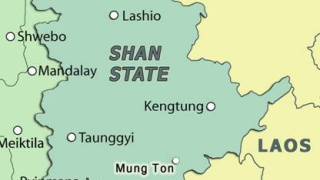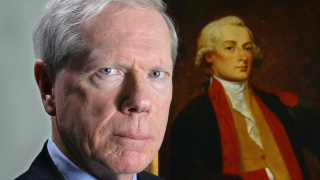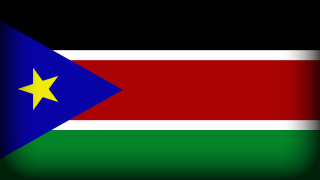Palestine is balancing on the brink of another religious war
The statement of US President Donald Trump on the recognition of Jerusalem as the capital of Israel destabilized the Middle East.
The statement of the American president was immediately and categorically condemned by leading Muslim countries, and the “Day of Anger” began in the Palestinian National Authority – clashes of the Arab population with Israeli police and military personnel, as a result of which more than a thousand people have already suffered. Such tension can become a prologue to the next intifada – the Arab uprising against Israeli control over Palestine.
However, the controlling Gaza Strip, the Islamic Resistance Movement (HAMAS), has already announced the start of a new intifada on December 8 after Friday’s prayer. Since December 7, representatives of Hamas have resumed rocket attacks on Israeli territory. The Israeli side responded with artillery and air strikes against enemy military targets.
Palestinians Unite for Religious War
For the first time in a long period, representatives of the much milder “Movement for the National Liberation of Palestine” (Fatah) have solidarized with the radicals from Hamas. Thus, Fatah leader Mahmoud Abbas, the head of the Palestinian Autonomy in the West Bank of the Jordan, called on the people to fight for the liberation of Jerusalem and other territories controlled by Israelis. Fatah representatives also announced the abolition of a meeting scheduled for December 19 with US Vice President Mike Pence in Bethlehem.
In addition, support for the new intifada was expressed by the Lebanese Shiite movement Hezbollah, which, like Hamas, aims to destroy Israel.
Consolidation of many Muslim movements, regardless of their moderation or radicalism, with the support of major regional players such as Iran, Turkey, Egypt, can bring a lot of problems to Israel and in the future to weaken the influence of the United States in the Middle East.
Anyway, another religious war may begin in the Middle East, the formal reason for which may be the aspiration of Muslims, Christians, and Jews to protect their religious shrines located in Jerusalem. And the benefits of the massacre will gain not ordinary people, but exclusively transnational elites who do not care much about the Al-Aqsa Mosque or the Church of the Holy Sepulcher.








